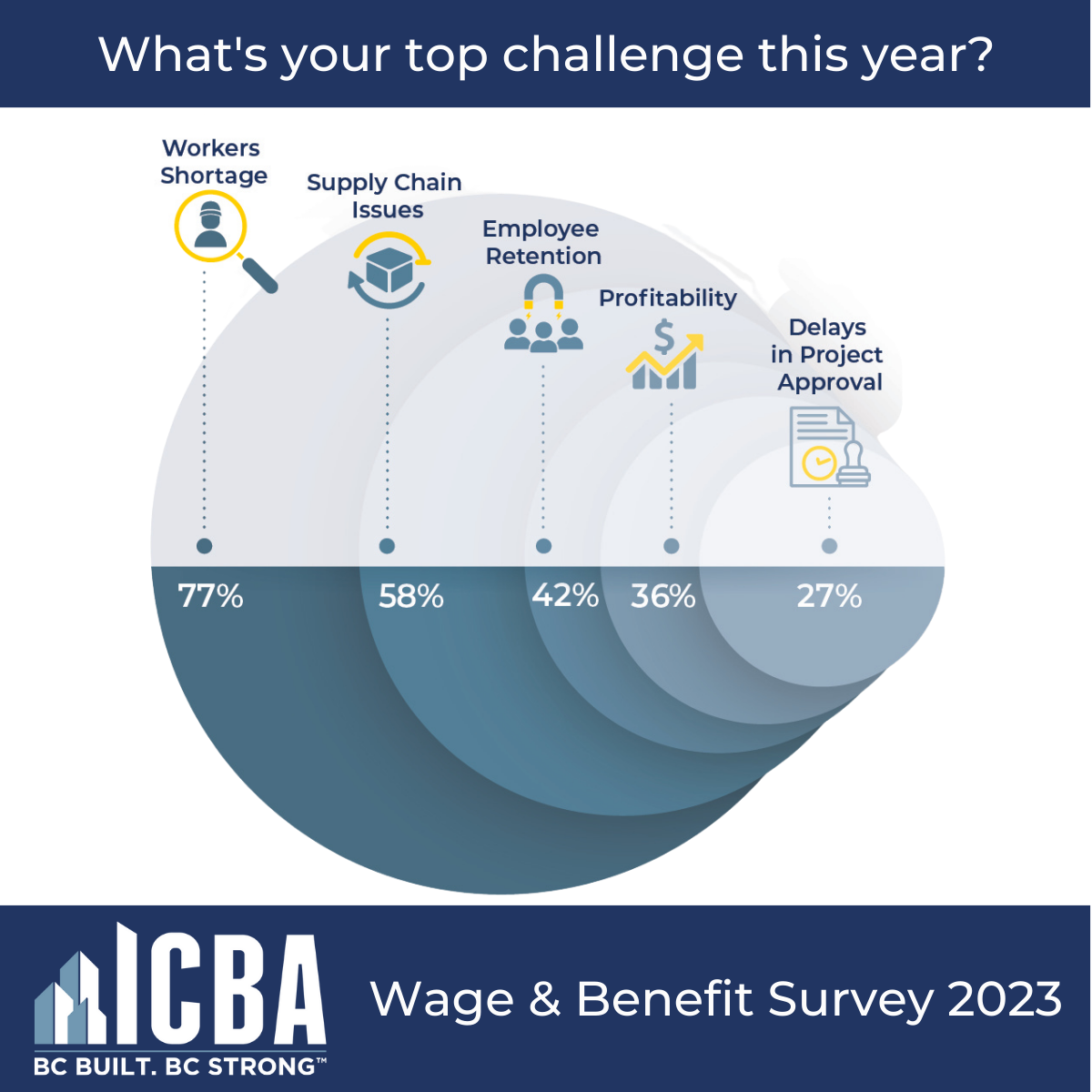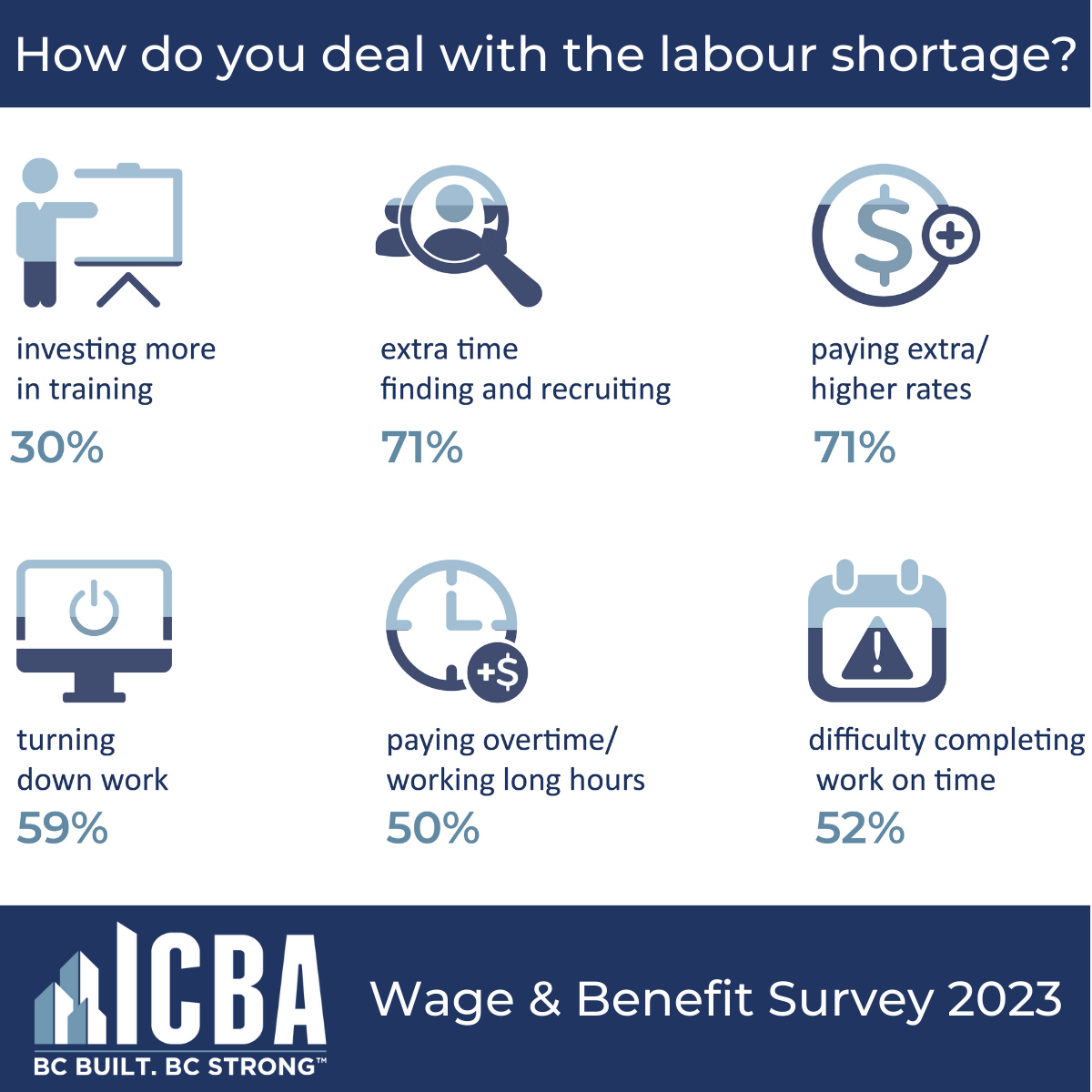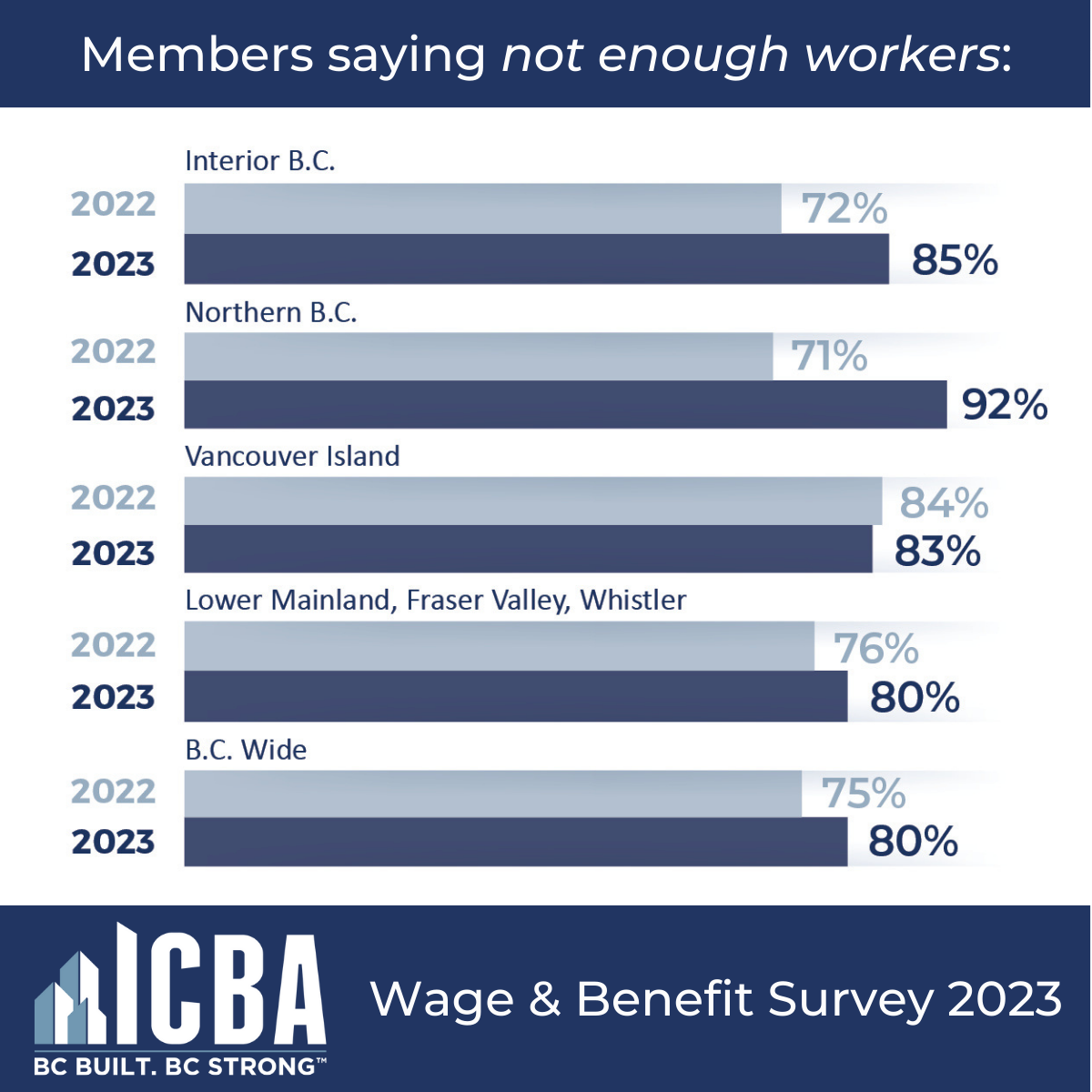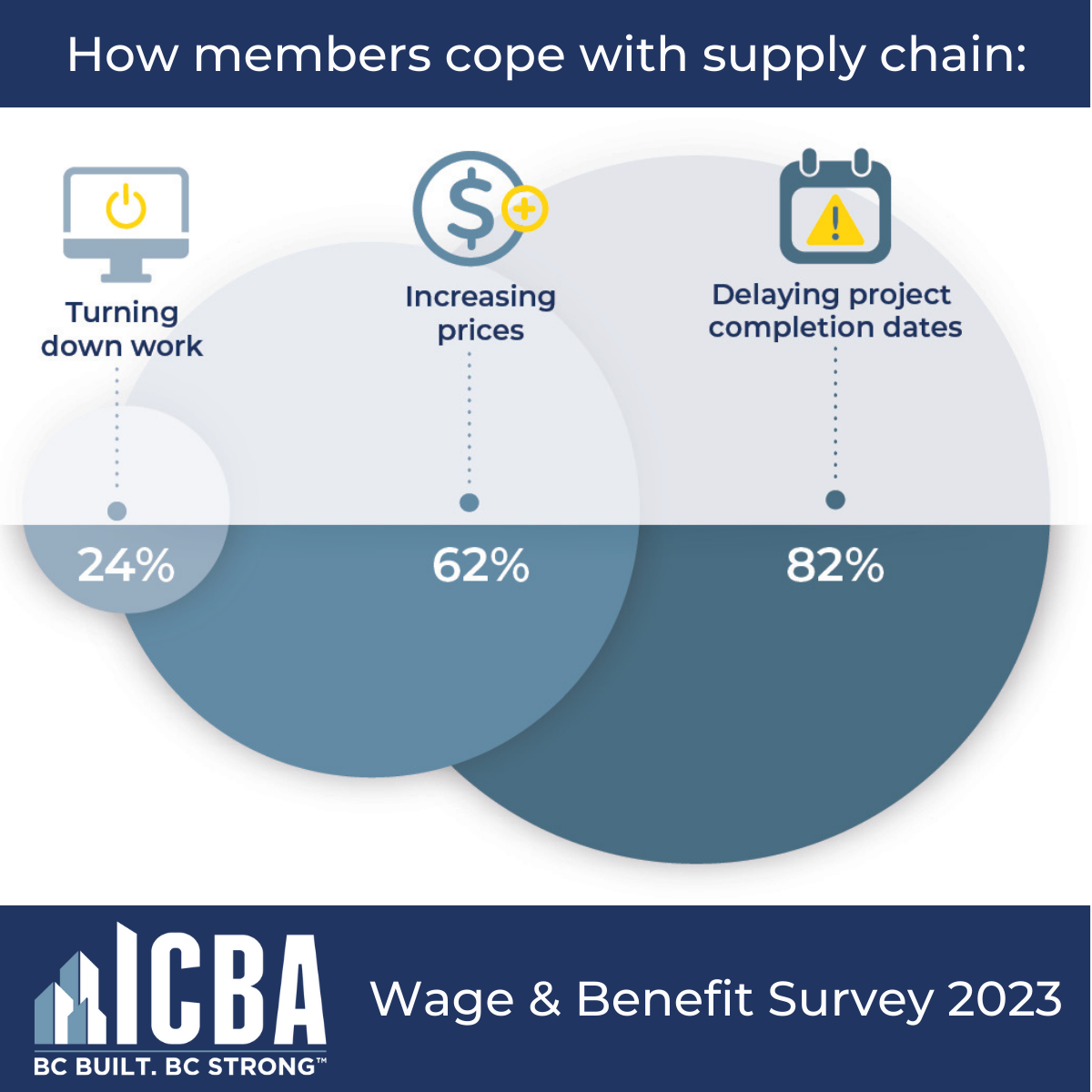The following op-ed by ICBA President Chris Gardner first appeared in Business in Vancouver on Jan. 17, 2023.
A slam dunk business deal if there ever was one. Strategic for both Canada and Japan – investment, jobs and climate change boxes all getting giant check marks. And, supporting democracy and further isolating Russia, a country now committed to killing as many innocent Ukrainian civilians as it possibly can.
Japan’s Prime Minister Fumio Kishida, representing the world’s third largest economy, met with Prime Minister Justin Trudeau last week to ask for more Canadian liquefied natural gas so that it can end its purchase of Russian energy.
Kishida is asking Canada to lay the foundation for additional investments like that undertaken by LNG Canada, the largest private investment in Canadian history, to tap into Canada’s rich natural gas reserves and bring them to market. And LNG Canada will do this while generating emissions 35 percent lower than the best performing comparable facility in the world – Canadians can be deservedly proud.
Tokyo-based Mitsubishi Corporation owns 15 per cent of LNG Canada. When it comes online in the next year or two, LNG Canada, will replace 9 per cent of the natural gas Japan currently gets from Russia.
That’s a lot of LNG, but it leaves plenty of room for more clean Canadian energy to be sent to Asia. Our challenge is an approach by government that seems designed to do just the opposite – turn away investors, squander billions in new capital, and kill thousands of jobs.
Kishida went away empty-handed, except for a Trudeau lecture on decarbonization. “We didn’t get any concrete commitment,” he told the media.
This follows on the heels of the visit to Canada by German Chancellor Olaf Scholz last August seeking similar commitments from Canada, only to be told, not-so-subtly, at a Trudeau press conference that there is no business case for sending LNG from Canada to Europe.
Canadians taking this all in would have been surprised to read just before Christmas that the Prime Minister of Britain and the President of the United States signed an agreement that will see exports of LNG from the USA to the UK double next year. Apparently, there is a business case after all.
The pattern is clear and investors are looking at Canada as a place where it is simply too difficult to do business and to get to yes on major projects. Statista ranks Canada #26 in the world when it comes to the quality of our infrastructure, just barely ahead of Hungary and Oman. Our ports are #24 in the world, tied with Malta and Azerbaijan. Even if the economic investment and political will could be mustered to build something, the World Bank tells us Canada ranks #64 in the world for how long it takes to approve and permit construction projects.
As the Business Council of BC notes, international exports of goods and services used to account for more than one-third of BC’s GDP, as recently as 2000. Today, it’s 23 per cent – bucking the growth trend of virtually every other advanced OECD economy. In fact, Canadian outbound investment has exceeded inbound investment every year since 2014.
The cascading effects are significant to our long-term prosperity. Underbuilt infrastructure, choking regulation, and lack of political will are key reasons why the OECD says that over the next decade, with a projected growth rate of just 1 per cent annually, Canada will have the worst performing economy among the 38 developed nations it tracks.
Such anemic growth means that it will take more than 70 years for Canada’s economy to double in size – crushing the hope that our children will be better off than we are. A t this rate of growth, it will take three generations to realize this dream.
It doesn’t have to be this way. Germany, as desperate as Japan to get itself off Russian energy, is building LNG plants and pipelines at record speed. Its first floating LNG plant was built and opened within 10 months. LNG now regularly ships from the United States to Germany.
It has changed so fast that Chancellor Scholz created the phrase Deutschland-Tempo as a model for how the country wants to tackle its energy and infrastructure issues. “This is now the new Germany-pace at which we are bringing infrastructure projects forward,” Scholz said at the LNG plant opening.
“The LNG Acceleration Act must be a blueprint for policy. Plan, build and modernize faster,” added German finance minister Christian Lindner.
Right now, Canadian-Tempo could best be described as glacial planning, less building, and slow modernization. It is frustrating to see so much opportunity slip away.
It’s so bad that 75 per cent of the jobs added in Canada since the pandemic started have been government jobs.
It’s hard not to believe that entrepreneurs, investors, and employers feel as though they are being punished for wanting to build and invest in Canada. Canada needs to aim higher than dead last among developed economies. We have an abundance of resources, talented people, and endless opportunity: our elected officials just need to pick up the tempo.











